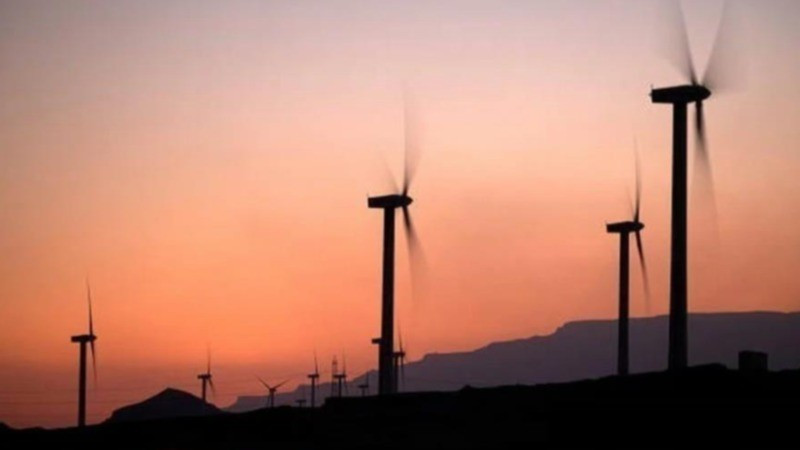Over 75% of global greenhouse gas emissions have been caused by the consumption of fossil fuels. Air pollution from fossil fuels is also responsible for six million deaths each year. These alarming statistics highlight the urgency of reducing dependence on this type of fuel.
In the context of growing energy demand to meet development goals, the transition to alternative energy sources is seen as an inevitable trend. The commitment to triple renewable energy capacity and double energy efficiency by 2030 was made at the 28th Conference of the Parties to the United Nations Framework Convention on Climate Change (COP28) held in the United Arab Emirates (UAE) at the end of 2023.
Many countries are accelerating the shift from fossil fuels to cleaner, more sustainable energy to achieve these ambitious goals. A clear indication of this is the global investment in clean energy technologies and infrastructure, expected to reach 2 USD trillion in 2024, double the amount allocated for fossil energy.
While recognising the achievements mentioned above, Fatih Birol, Executive Director of the International Energy Agency (IEA), pointed out the unevenness in the global energy transition. According to Birol, most investments flow into developed economies, while only a small portion is directed to countries that account for 60% of the global population.
With a range of policies encouraging investment in clean energy, the European Union (EU) has made significant progress, with around 50% of electricity coming from renewable energy. Meanwhile, Africa struggles to tap into its abundant solar energy resources, receiving only 2% of global clean energy investment.
Even more concerning is that around 685 million people worldwide, mostly in Sub-Saharan Africa, still lack access to electricity. At the recent meeting in Davos (Switzerland), the IEA Executive Director and European Commission President Ursula von der Leyen launched the Global Energy Transition Forum.
This forum serves as a platform for countries, businesses, and investors to share a common goal of maintaining the momentum of the energy transition, promoting key projects, and attracting resources.
President von der Leyen stressed that the forum's objective is to bring clean energy to the communities that need it most, not just in Africa but globally. She reaffirmed the EU's position and readiness to collaborate with stakeholders to accelerate the energy transition process.
To raise public awareness and promote a fair and inclusive energy transition for the benefit of people and the planet, the United Nations General Assembly has designated January 26 as International Clean Energy Day. In his message for the day, UN Secretary-General António Guterres remarked that the era of fossil fuels will undoubtedly end.
He also noted that renewable energy is expected to become the world's largest source of electricity generation for the first time in 2025. With these positive signals, Guterres called on countries to ensure that the energy transition proceeds equitably.
According to the UN chief, countries must strive to triple renewable energy capacity by 2030 and gradually phase out fossil fuels. Additionally, multilateral development banks must invest resources into the renewable energy revolution in emerging markets and developing economies.
The UN Secretary-General believes that the Group of Twenty (G20), consisting of the world's leading developed and emerging economies, should lead the global energy transition efforts while also emphasising that this is a shared responsibility of all countries. As Guterres called for, multilateral cooperation is key to collectively advancing towards a clean energy era.
















